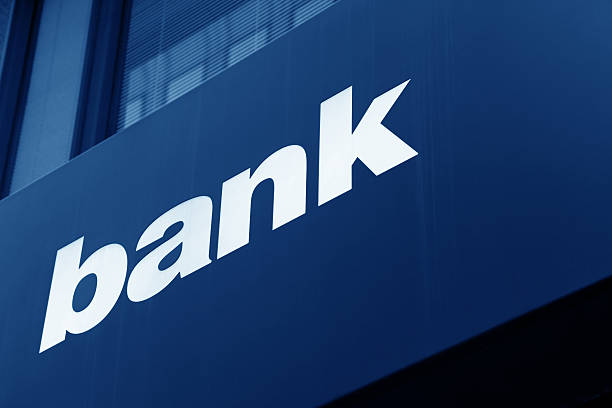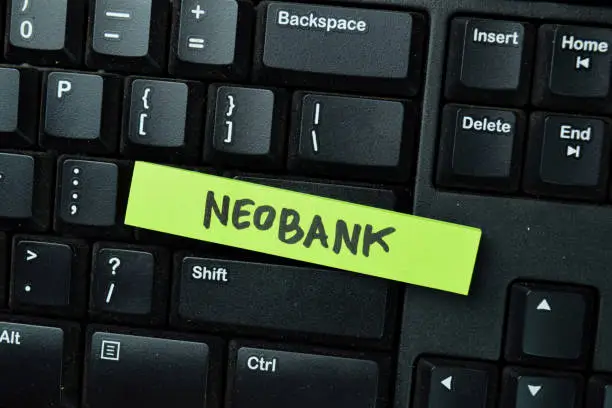Fintech, or rather financial technology, is the term used to describe any technology that delivers fiscal services through software, for example, online banking, mobile payment apps, or also cryptocurrency. Fintech is a broad variety that encompasses numerous different technologies, but the primary objectives are to change the way consumers and businesses obtain their finances and challenge traditional fiscal services.

A few years ago, fintech companies have challenged nearly every aspect of the fiscal industry. A decade ago, people had to visit a bank or finance company to apply for a mortgage or small business loan, or simply transfer finances from one bank to another. Currently, fintech has made it possible to invest, adopt, save and transfer finances through online and mobile services without ever stepping foot inside a bank. Though traditional institutions were slow to embrace fintech strategies, both startups and established companies are laying on digitized fiscal services.
Advancement of fintech
Fintech has been around much longer than most people know. While the most recent replication of fintech allows you to pay for a mug of coffee with a mobile app, the history of financial technology can be traced back to the initial credit cards that were embraced by the general public in the late 1950s. After the credit card, financial technology evolved and introduced several major mileposts to mass merchandising, for example, ATMs, electronic stock exchanges, bank mainframe computers, and online stock exchanges. Each new piece of technology advanced the fiscal structure that utmost people used every day but infrequently had to imagine.
Before the 1990s and the period of the internet, traditional fiscal institutions, for example, banks, thrived on fintech. According to the Federal Deposit Insurance Corporation, banks grew from around 12,000 marketable bank branches in 1950 to over 75,000 in 2008. In the late 1990s and early 2000s, online fintech companies, for example, PayPal, entered the market but didn’t pose a risk to the traditional structure until the 2008 global economic turmoil. During this time, numerous people lost their trust in traditional banking while millennials embraced online fiscal services.
Contemporary times
Currently, fintech strategies are challenging the traditional fiscal structure, as extra services transition to a new technological paradigm, for example using a payment app on a mobile wallet rather than carrying physical credit cards in a physical wallet.
Fintech has revolutionized numerous different merchandise, most especially banking, trading, insurance, and risk operation industries. Fintech companies, which include startups, technology companies, and established fiscal institutions, use arising technologies, for example as big data, artificial intelligence, blockchain, and edge computing to make financial services more accessible and more effective.
Types of fintech
There are numerous different types of fintech, but some of the most popular areas are;
Mobile wallets and payment apps
The much-known Mobile wallets and payment apps are some of the most ubiquitous forms of fintech. Services like PayPal, Venmo, Square, Apple Pay, and Google Pay allow peers to transfer funds to each other.
Crowdfunding platforms
For example, Kickstarter and GoFundMe, have challenged traditional funding ways by allowing platform customers to invest their funds in businesses, products, and individuals.
Cryptocurrency and blockchain technologies
Cryptocurrency and blockchain technologies are some of the most well-known, and highly explored samples of fintech. Cryptocurrency exchanges, for example, Coinbase and Gemini, allow customers to buy or sell cryptocurrencies. Blockchain technologies also have the prospective to move into industries outside of finance to reduce fraud.
Robo-advisors
Robo-advisors comprise algorithm-related portfolio recommendations and operations to lower costs and increase effectiveness. Some popular Robo- advising services include Betterment and Ellevest.
Stock trading apps
Stock trading apps, for example, Robinhood and Acorns, have come to be a popular and innovative illustration of fintech as investors can trade stocks from anywhere with their mobile device rather than visiting a stockbroker.
Insurtech companies have disintegrated numerous different types of insurance, for example, home insurance. Companies like Oscar Health and Credit Karma are examples of insurance companies that have entered the healthcare and self-finance assistance.





